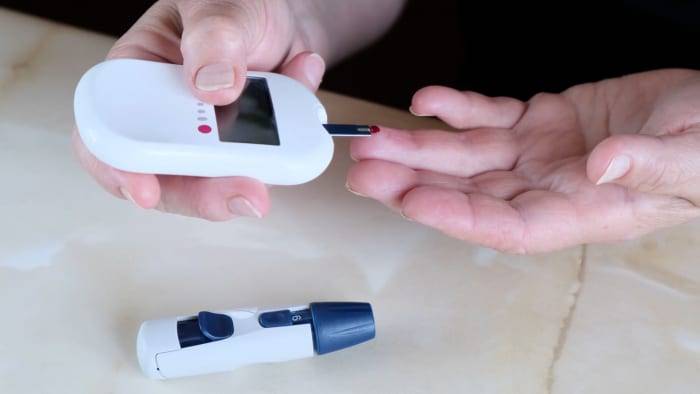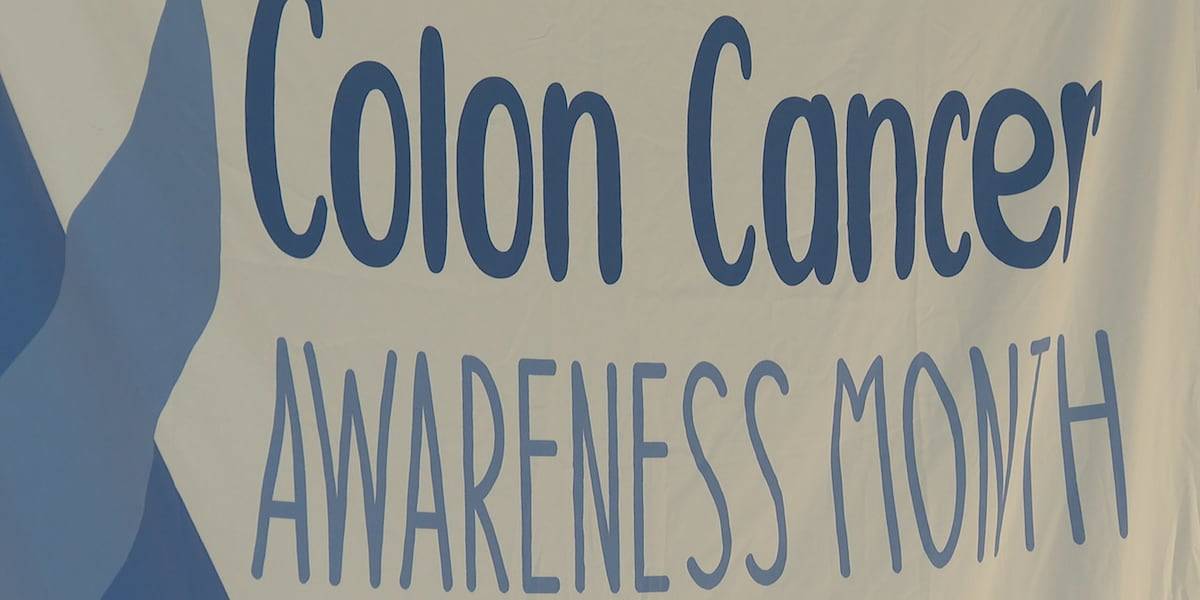Tragic Story of Morgan-Rose Hart
In the dimly lit corridors of a mental health unit, Morgan-Rose Hart, an 18-year-old aspiring vet, found herself struggling with the shadows of her own mind. Diagnosed with autism and ADHD, her life was marked by bullying and a desperate cry for help. She had reached out to mental health services in Harlow, only to be met with a system that failed to provide the care she so desperately needed. Her story ended tragically, as she became one of several patients whose lives were lost while under the care of mental health services that utilized the Oxevision surveillance system. This technology, designed to monitor patients remotely, has been at the center of controversy, with allegations that it contributed to patient deaths by substituting for in-person checks rather than augmenting them.
The Debate Over Surveillance Technology in Mental Health
At the heart of this controversy is the question of whether advanced surveillance technologies, like Oxevision, truly enhance patient safety in mental health settings. The system is equipped to measure vital signs without physical contact, providing real-time data that can potentially identify risks more swiftly. However, investigations into the deaths of patients using this technology suggest that staff might be relying too heavily on it, bypassing crucial face-to-face interactions that are essential for genuine care and observation. The narrative is complicated by the assertion that Oxevision aligns with NHS principles for digital technologies, emphasizing consent and informed decision-making in their deployment.
Systemic Challenges in UK Mental Health Services
The broader context of mental health care in the UK highlights systemic challenges that go beyond technology. Community mental health services are under strain, with thousands of patients dying while under their care due to stretched resources and inadequate support. The near 15,000 deaths reported between March 2022 and March 2023 underscore the dire need for systemic reform. Families have spoken out, sharing stories of loved ones who had to plead for care, only to receive it too late. This is a stark reminder of how the system fails those who need it most.
Revelations from the Edenfield Centre
In another part of the mental health landscape, the Edenfield Centre exposed systemic flaws when a BBC Panorama investigation revealed shocking levels of abuse and neglect. Staff concerns were consistently ignored, fostering a toxic culture where patient safety was compromised. This scandal, alongside the Oxevision controversy, raises critical questions about accountability, ethical oversight, and the genuine prioritization of patient well-being in mental health services.
The Call for Reform and Accountability
As the NHS grapples with these challenges, the imperative to learn from tragedies and implement meaningful change has never been clearer. The Health Services Safety Investigations Body has noted that the mental health system often fails to learn from patient deaths, leading to a culture of blame rather than improvement. Effective reform demands not only advanced technologies but a commitment to person-centered care, where the voices of patients and families are valued above operational targets.
Looking Ahead
Ultimately, the path forward in mental health care requires a multifaceted approach: harnessing technology to enhance safety while ensuring it serves to augment, not replace, human care; and addressing systemic shortcomings by placing patient voices at the forefront of policy-making. As we navigate this complex landscape, the stories of Morgan-Rose Hart and countless others remind us of the urgent need for empathy, innovation, and systemic transformation.
For more insights into health innovations and the evolving challenges in healthcare policy, explore our coverage on health and current news at Epochedge.










